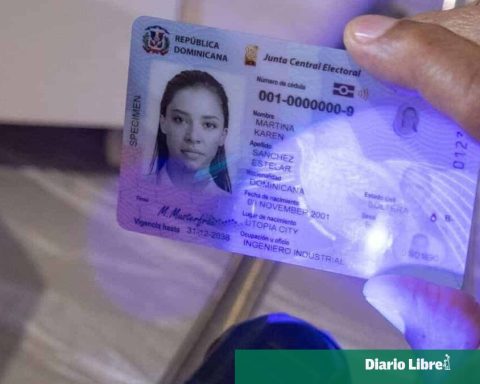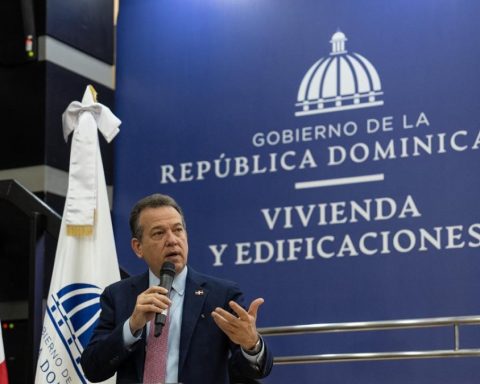Professor Gunther Teubner defines globalization as “a multilevel phenomenon in which States no longer dominate national societies delimited by the principle of territoriality, but today the functional differentiation of a single society on a global scale is imposed”.
The phenomenon of globalization has been the subject of extensive deliberation and several interpretations are built on it, depending on the theory that analyzes it. Law and legal science, more specifically, constitutional law, do not escape this phenomenon. The first thing that is internationalized are the state models that have their greatest support in law, represented in the cases of the social and democratic State of law and, the one most related to economic globalization, the neoliberal state model.
The globalization of constitutional law has opened the doors both to the incorporation of human rights within the framework of fundamental rights, whether through their inclusion in the Constitution or in the constitutional block, as well as facilitating the consolidation of the general principles of the law as a source of constitutional law.
The process of globalization of constitutional law through Neoconstitutionalism was decisive through fundamental rights, which were not only limited to constitutional States but also to the international context. Called international fundamental rights, coming from international human rights treaties with an impact not only on state constitutions, but also on the legal system of a given country. Such is the case of the Dominican Republic, where we grant a very high status to international law within domestic law, recognizing in article 74.3 of the Constitution that: “3) The treaties, pacts and conventions related to human rights, signed and ratified by the Dominican State, have constitutional status and are directly and immediately applicable by the courts and other State bodies.”
The globalization of constitutional law and of law itself has also shed light on the breach of rights, and the phenomenon of access to justice from international courts and organizations appears, which, even when it is not free of obstacles, and from which it always I have been cautiously optimistic about its result, it has been transformed in an accelerated way by admitting people as plaintiffs and not only the State, by accepting social groups as plaintiffs and by expanding the catalog of issues that can be appealed in said jurisdictions, in mostly specialized.
It has been debated whether constitutional law became global or whether globalization has influenced constitutions. It should be clear to us that the theories of law had been internationalized since before the appearance of legal positivism, however, with globalization, these theories arrive in a more direct way, since their authors share their postulates and incorporate for their legal transformations through forums, congresses, debates and classes, in addition, we cannot ignore the contribution of innovation in communication technologies, which has been decisive in academic relations, so that they are more fluid through social networks or video conferences, to which are added the publications that arrive almost immediately to all parts of the world.
Currently it is almost impossible not to find contributions from comparative law or international organizations through agreements or treaties that protect rights and that they do not appear positive in our constitutions.

















